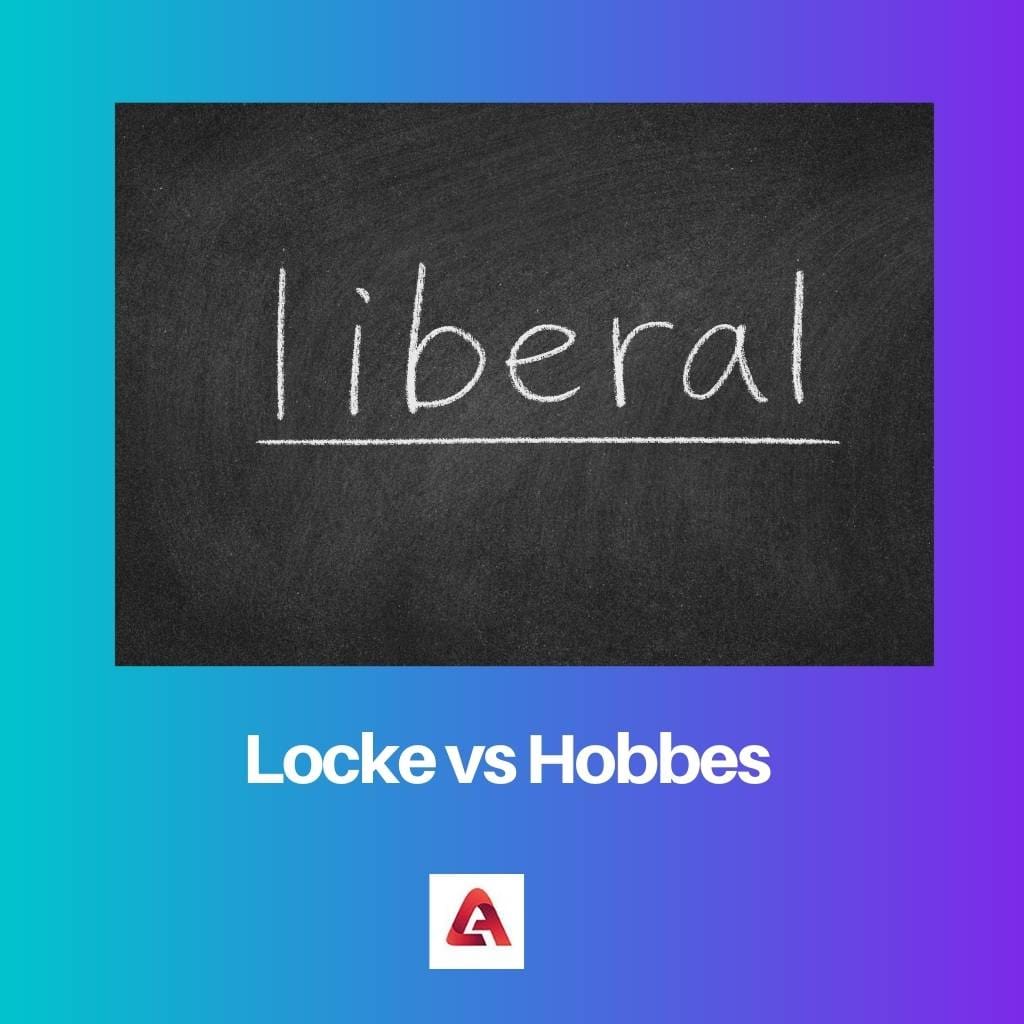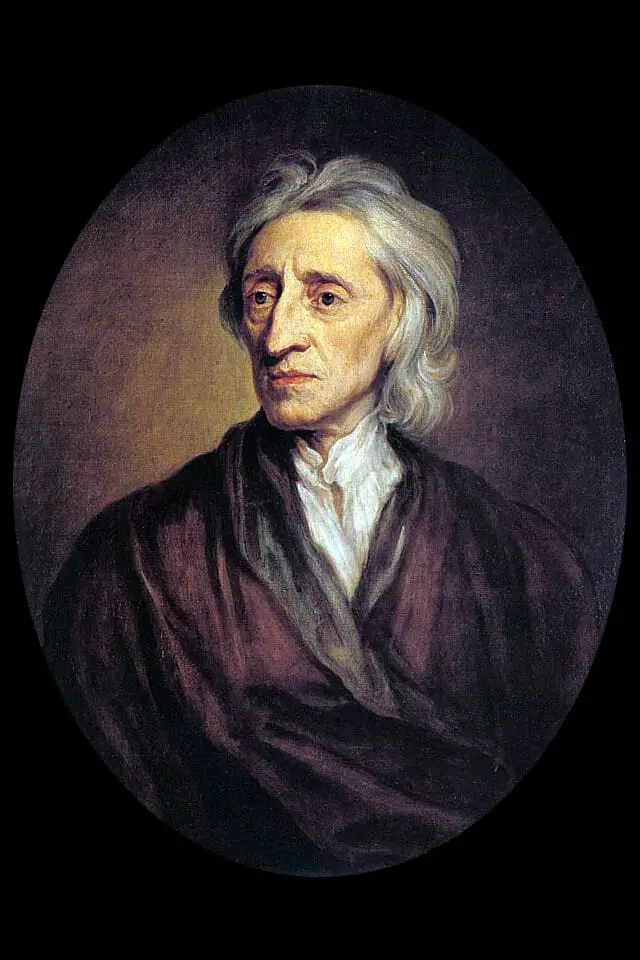Every country has its government now. There are around sixteen types of governments. Currently, three are mainly being primarily used: democracy, monarchy, and dictatorship.
Both Locke and Hobbes were the first people who played essential parts in introducing these government ideas to citizens of the country by publishing their respective work on its field.
John Locke and Thomas Hobbes were two very vital modern European philosophers. They had some similarities but many differences. When one liked the concept of Monarchy, the other wrote about the Right to Revolution.
Key Takeaways
- Locke and Hobbes were philosophers who contributed to the field of political philosophy, but they had different views on the role of the government.
- Locke believed in limited government, whose primary responsibility was to protect individual rights. In contrast, Hobbes believed in an absolute monarchy, where the ruler had complete control over the government.
- Locke thought that people had natural rights, such as life, liberty, and property, while Hobbes believed that people were inherently selfish and needed a strong government to keep them in check.
Locke vs Hobbes
Hobbes believed in absolutism, meaning a single person should hold absolute power. Locke, on the other hand, believed in the concept of constitutionalism that every person should have various rights that they can use if they are being physically or mentally ill-treated.

Locke is one of the few people who contributed to the United States Declaration of Independence. His most famous book is ‘Two Treatises of Government’, in which he discussed the need for a government that wasn’t the boss of the people but treated them equally.
Hobbes was one of the founders of political philosophy, he explained his views in his book ‘Leviathan’ which was inspired by a sea monster about how that powerful sea monster was undefeatable, and everybody was scared of him.
He incorporated that image of the monster ‘Levithian’ into a strong ruler so that the people living under its rule wouldn’t try to pass their limits.
Comparison Table
| Parameters of Comparison | Locke | Hobbes |
|---|---|---|
| Known as | Father of Liberalism | One of the founders of modern political philosophy |
| Believed in | Constitutionalism | Absolutism |
| Date of birth | 29 Aug 1632 | 5 Apr 1588 |
| On the ruler | Equal | The ruler should be above the people. |
| Historical Background | English Civil War | Glorious Revolution without a big war |
What is Locke?
Locke, or more certainly, John Locke, is known as the father of Liberalism who believed in constitutionalism. He anonymously published Two Treatises of Government in December of 1689, in which he theorised his political philosophy.
The book is parted into the First Treatise and the Second Treatise.
During the first half, we see Locke fighting against the book Patriarcha written by Robert Filmer (who explained in the book the support for ‘the rule for the kings’ that means the king’s heir should govern the civilians as he would like.)
Locke found Robert’s work absurd, stating that all the earth’s members are equally created and no one is above anyone.
In the other part of the book, the Second Treatise, Locke explains his thoughts on how people are equal and what he imagines is a reason for a government to be made. He writes in defence of constitutionalism.
The book inscribes that the rule of government should be changed if an existing government is abusing its power and not protecting civilians’ rights. According to him, these were: Life, Liberty, and Property. He died on 28 October 1704.

What is Hobbes?
“Bellum omnium contra omne”, a Latin phrase that translates as ‘war of all against. In a nutshell, Thomas Hobbes believed in Monarchy through and through. This quote from his book “De Chi” is an excellent example of this judgment.
The quote means that all people prefer the good of themselves as opposed to any other person.
He believed in the need for a government; otherwise, people would kill each other. He thought nobody trusts each other, and one would always put themself first when one wants anything.
He explained this in detail in his book- Leviathan, where he said the world before the government was: Solitary, Nasty, Brutish, Short, and poor.
The world would turn against each other for every good thing they can achieve if there is no one above them that they can fear. Because of that, the people would be scared of the main person above and, in turn, would behave and be within their limits.
Thus, it would create a sensible environment for everybody. Thomas Hobbes’s death date and year are 4 December 1679.

Main Differences Between Locke and Hobbes
- Hobbes believed in the concept of monarchy. He wanted a strong leader to dictate over the people of his kingdom. He must be above all the people, and Locke was all about giving the power to the hands of the people of a country, considering them equal that if the leaders are insufficient, then the people must have the ability to change them as they please.
- Both famous personalities had different reasons why we, even a community, need a government. Locke favoured this point as he wanted to protect people’s natural rights in a particular country. That were, according to him: life, liberty, and property. On the other hand, Hobbes’s reason was to protect people from each other.
- According to Hobbes, the ultimate power should belong to a single ruler of a kingdom. Locke wanted the ability to be with the people.
- Locke believed that people are good. Opposite to it, Hobbes believed that people are selfish. He considered them nasty and how cared about securing themselves.
- As cleared by the name “Father of liberalism”, Locke believed in constitutionalism. That is, everyone should have equal rights. Hobbes’s theory differed from this as he believed in absolutism, i.e., all the power belonging to a leader and people being lower than the leader.




